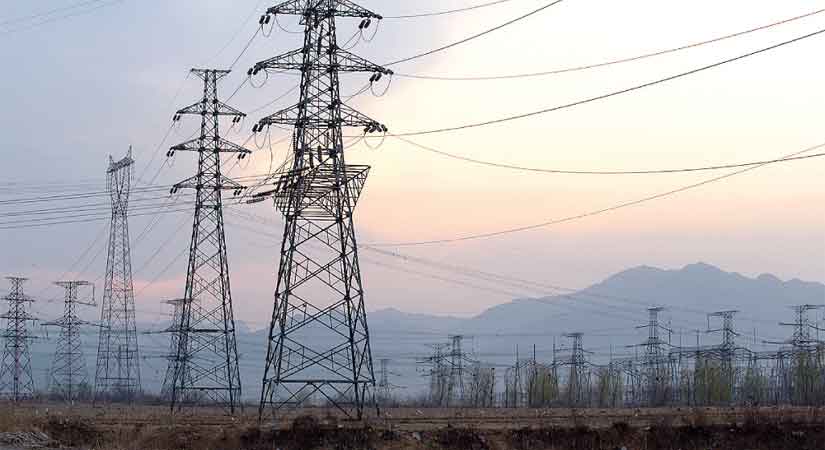ERC rejects NGCP petition to amend rules on transmission wheeling rates
By Sheldeen Joy Talavera – October 17, 2023 | 8:47 pm
from Business World

THE Energy Regulatory Commission (ERC) said it rejected a petition by the National Grid Corp. of the Philippines (NGCP) to revise the 2022 Amended Rules for Setting Transmission Wheeling Rates (RTWR).
The NGCP had sought to include “grass fires” as events qualifying for force majeure treatment.
The ERC said in a statement it issued an order dated Sept. 5 outlining its ruling on the NGCP petition which the company filed on Dec. 22.
In its petition, NGCP proposed to consider grassfires as a force majeure event (FME), saying such fires had taken place “on multiple instances in several provinces,” which caused power interruptions and significant damage to transmission facilities.
The ERC said any grass fire incident — to be considered “unforeseen” and “extenuating” — must satisfy the conditions of an FME under the 2022 amended RTWR.
The 2022 Amended RTWR includes “all events occurring in the Philippines which result in an increase in the costs incurred by the Regulated Entity in the transmission of electricity.”
“More importantly, such incident must not have been caused by or attributed to NGCP, willfully or through its neglect,” the ERC said in the statement.
The ERC also denied an NGCP appeal to limit the coverage of the fourth regulatory period (RP) to the years 2016 to 2020, instead of 2016 to 2022.
The NGCP said that it remains faithful to the original five-year period based on the Transmission Wheeling Rates Guidelines issued in 2003 and 2009.
It also said the only exception to the five-year RP “or any subsequent RP should have been upon the request of NGCP in compliance with the requirements of the 2009 RTWR which was the applicable Rules when the 4th RP commenced in 2016,” the company said.
“Absent any request from NGCP for the extension of the 4th RP from five years to seven years, the 4th RP remains at five years or from 2016 to 2020,” the NGCP said.
“Considering that five years has long been determined to be the appropriate coverage for each RP, the Honorable Commission should be consistent in applying the same to the 4th RP,” it added.
In its refusal, the ERC said it has exercised its “rule-making authority to promote the interests of the public” to cover the entire lapsed period under the 4th RP, according to the authority it holds under the Electric Power Industry Reform Act and the amended Public Service Act.
“The Commission was deliberate in its decision to cover the years 2016 to 2022 under the 4th RP as this period had already lapsed by the time the 2022 RTWR was adopted by the Commission,” the ERC said.
The ERC also rejected the NGCP’s proposal to remove a provision allowing the National Transmission Commission (TransCo) to participate in rate-setting applications.
The Commission said that TransCo’s participation is “necessary for complete relief for any rate-setting application,” considering that it is still the owner of transmission assets and holds interests in the outcome of such rate-setting applications.
“As for NGCP’s proposal to include explicit provisions on reopening of events, the Order reiterated that the 2022 Amended RTWR already includes sufficient mechanisms and safeguards governing rate adjustments for the regulated entity,” the ERC said.
The proposed amendment to use a lock-in weighted average cost of capital (WACC), instead of the classic WACC, was also rejected by the ERC, which ruled that this contradicts the “spirit of performance-based regulation and the consumers’ interests.”
“The ERC reminded NGCP that the 2022 Amended RTWR, which already details the procedure for the setting of the WACC, among others, was subjected to public consultation in which NGCP itself participated,” the Commission said.
BusinessWorld asked NGCP Spokesperson Cynthia P. Alabanza to comment but she had not replied at the deadline.



